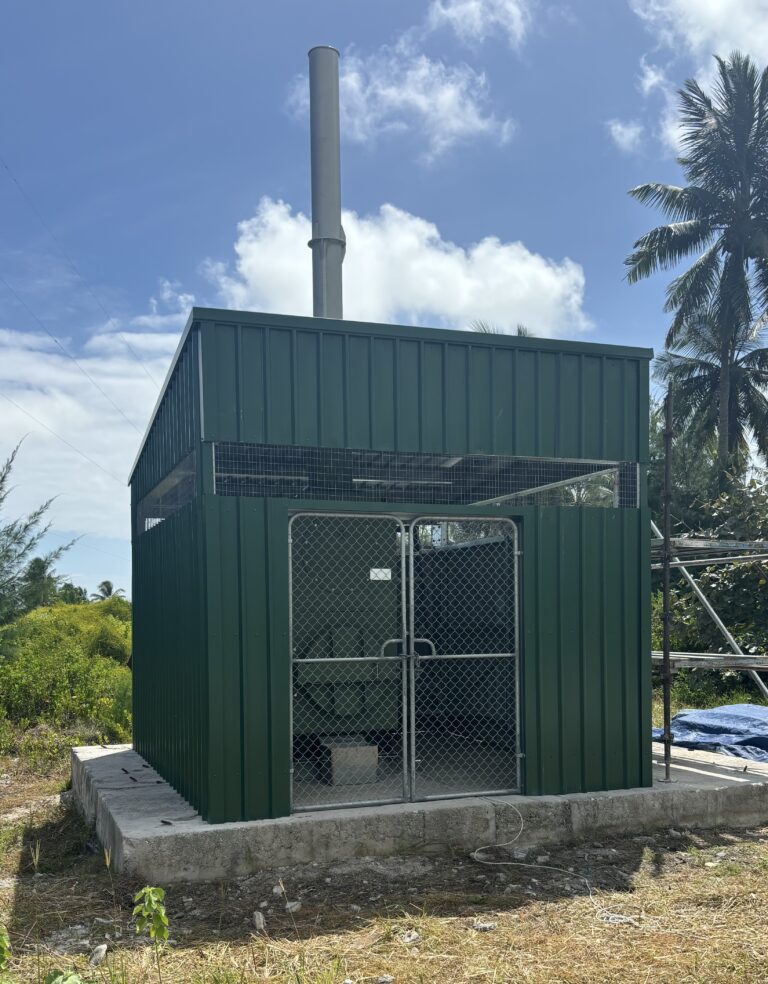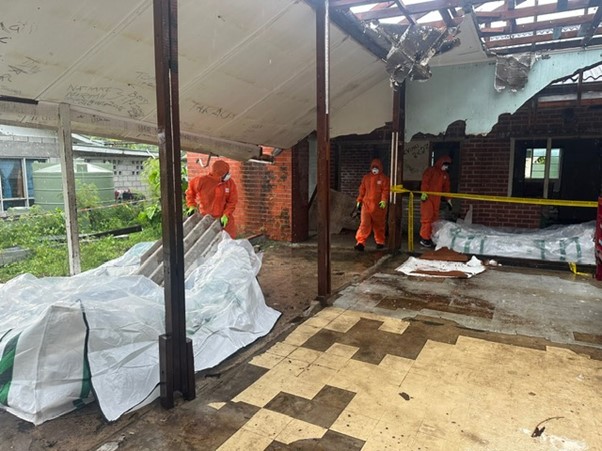Country Project
Kiribati
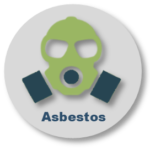
Addressing legacy Asbestos Containing Materials (ACM) on Banaba Island
Addressing legacy Asbestos Containing Materials (ACM) on Banaba Island
Kiribati seeks to utilise PacWastePlus funds and assistance to meaningfully engage in the management of ACM on Banaba Island with the goal of ultimately removing from the island this risk to human health and the environment.
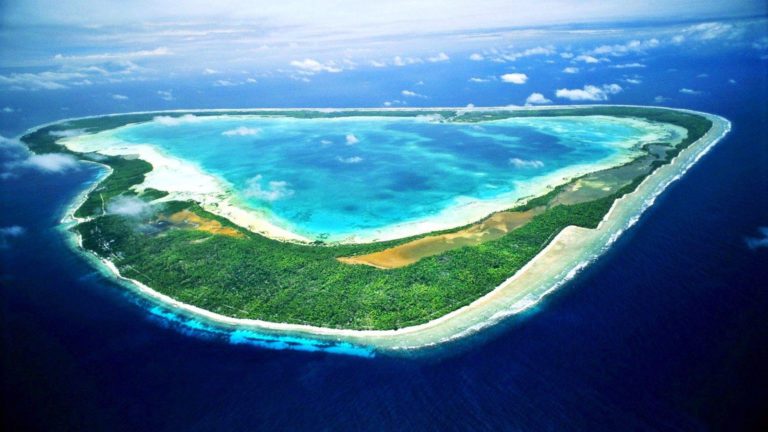

Project Description
Current Situation
Work done under the PacWaste program discovered significant amounts of ACM located at the former British Phosphate Company (BPC) and in other locations including residential properties [asbestos roofing material] on Banaba Island. Also noted in the assessment was the lack of infrastructure needed to address this issue, e.g., limited handling, excavation, and transport equipment, lack of appropriate ACM disposal facilities, and no trained ACM abatement personnel.
What is the Kiribati Project About?
The following proposed activities under the PacWastePlus project include:
• eliminate the importation of asbestos and asbestos-containing materials (ACM) into Kiribati
• abate ACM from sites prioritized as high risk on Banaba Island
• adopted an Action Plan for the management and eventual removal of legacy ACM from Banaba Island
Future Situation
Removal of ACM in Banaba Island will reduce exposure of the public to asbestos fibres, thereby reducing the incidence of disease and serious help conditions caused by the inhalation of asbestos fibres. An Action Plan with costs to abate the remaining ACM located on Banaba Island will be available.
Latest news & updates
Browse through all the news & updates related to this project
Project resources
Browse through all the resources published from this project.
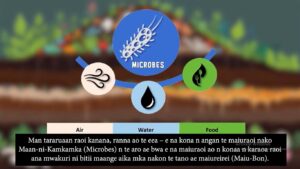
Composting
Establishing a compost facility in your community (with subtitles in Kiribati language)
Currently much of the waste going to community dumps is organic materials (40-65%) which, when mixed in a dump with other material like plastics and nappies etc, can cause soil and water pollution, odour, and methane (climate change effects).
Converting this material to compost can benefit communities – by improving soil quality, increasing crop yield, assisting climate resistance, and saving money (replace imported fertilizers).
This animation assists communities to establish a community scale compost program (for communities up to 50 households) – briefly covering topics of:
1. importance of organic materials management
2. how to make a compost bin
3. how to add items: understanding the “carbon / nitrogen ratio”, and ensuring correct balance of air, food and water
4. how to use compost
Organic materials are not a waste – they are a resource!
For more details in establishing a community compost facility please visit the factsheet:
https://pacwasteplus.org/resources/how-do-i-compost-a-guide-for-community-composting/
Available in 5 other languages - Tongan, Chuuk, Pidgin etc...
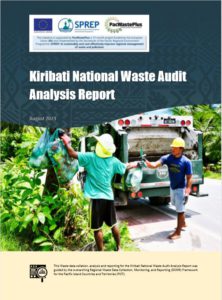
Research Report
Kiribati National Waste Audit Analysis Report
This Waste data collation, analysis and reporting for the Kiribati National Waste Audit Analysis Report was guided by the overarching Regional Waste Data Collection, Monitoring, and Reporting (DCMR) Framework for the Pacific Island Countries and Territories (PICT).
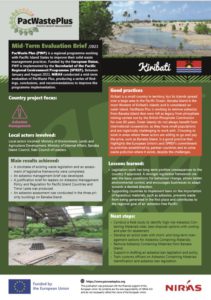
General
Mid-Term Evaluation PacWaste Plus Programme – Kiribati Project Evaluation Brief
The Pacific – European Union Waste Management (PacWaste Plus) Programme has completed an external Mid-Term Evaluation. The evaluators from NIRAS International Consulting have produced a suite of products highlighting the Mid-Term Evaluation findings. This country brief highlights the mid-term review findings for the Kiribati PacWaste Plus project.
Frequently Asked Questions
-
- Adopt appropriate regulations and/or policy to eliminate the importation of asbestos and asbestos-containing materials into Kiribati
- Removal and disposal of asbestos-containing materials from sites prioritized as high risk from Banaba Island
- Adopt an Action Plan which details the short- and long-term management options, and eventual removal, of asbestos containing materials from Banaba Island.
-
Due to the island’s remoteness and the limited infrastructure, the cost to undertake abatement work on the island will be high, certainly in the millions of US dollars. Kiribati with PacWastePlus support can undertake additional focused assessments and risk evaluations to better define the abatement work needed.
-
Removal of even small amounts of asbestos containing materials found in Banaba island will reduce exposure of the public to asbestos fibres, thereby reducing the incidence of disease.



